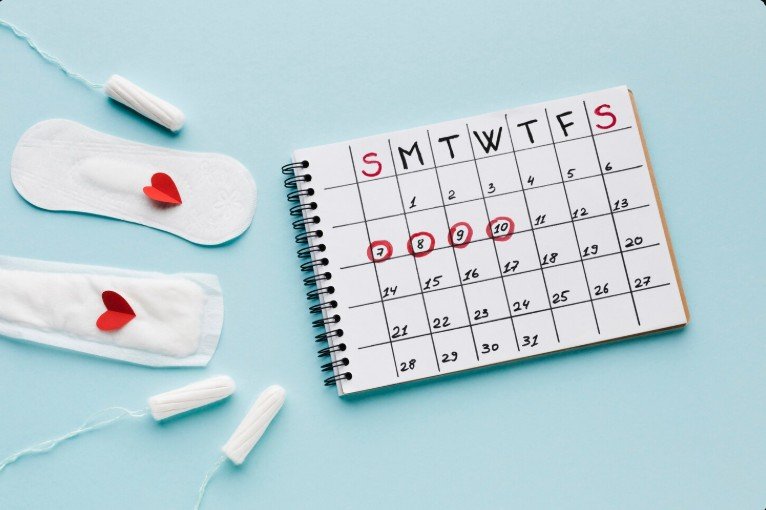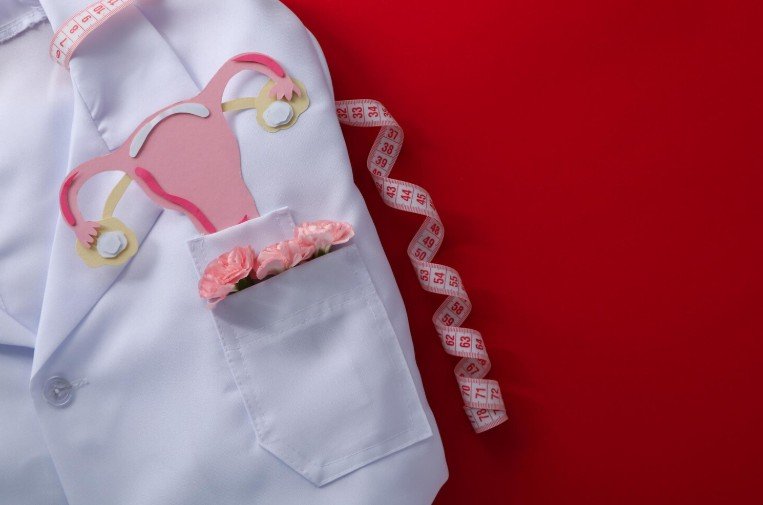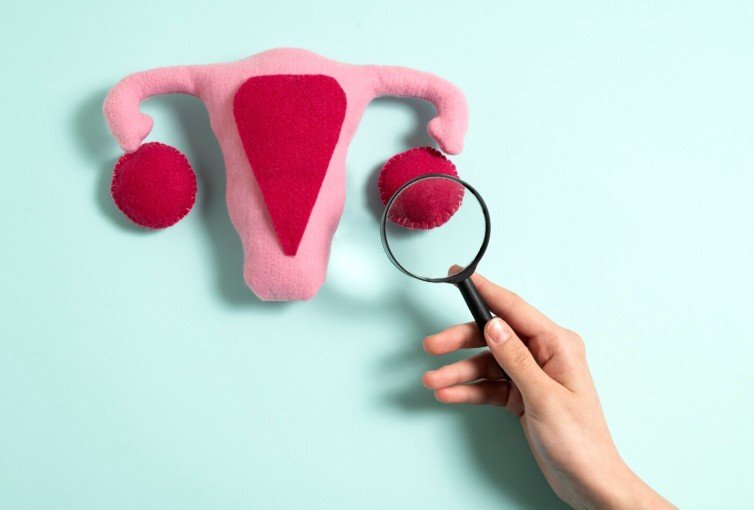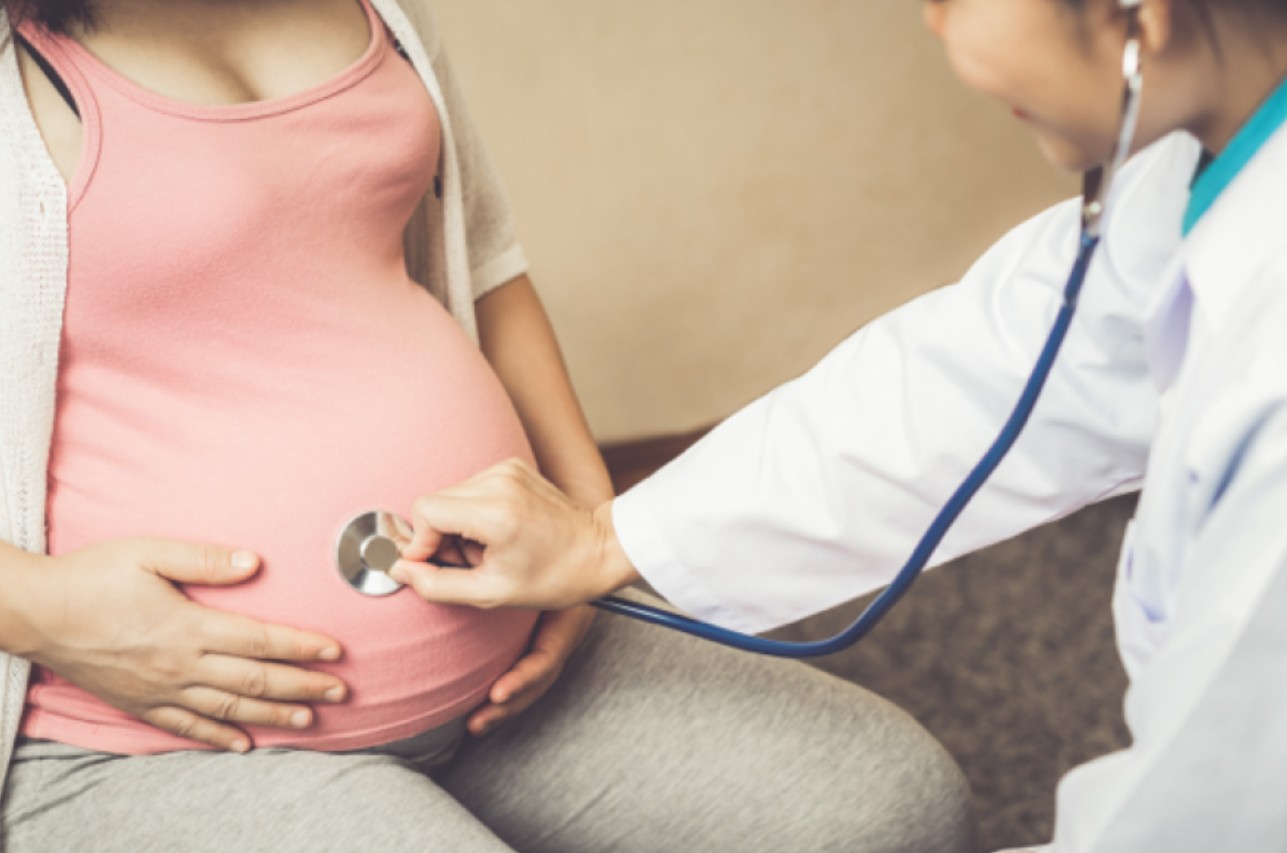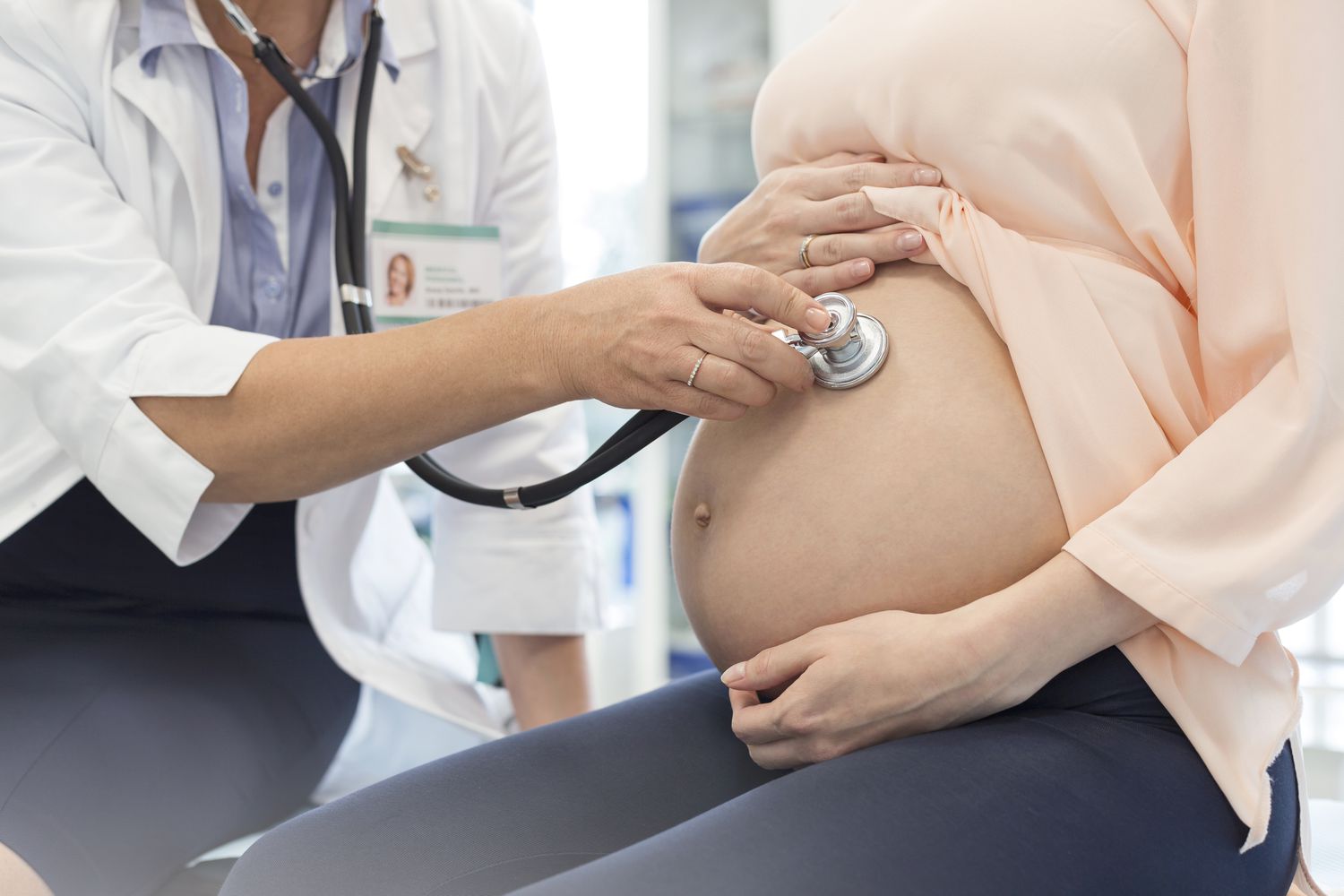Infertility can be an emotionally challenging journey for many women and couples. Difficulty in conceiving often brings stress, confusion, and countless questions. However, with timely diagnosis, expert medical care, and the right treatment approach, many causes of female infertility can be effectively managed. Consulting an experienced specialist is the first and most important step.
If you are struggling to conceive, Dr. Shweta Mendiratta, the best gynaecologist in Faridabad, offers comprehensive evaluation and personalised treatment for female infertility, focusing on understanding the root cause and restoring natural reproductive health.
Understanding Female Infertility
Female infertility refers to the inability to conceive despite regular, unprotected intercourse for a year (or six months for women over 35). It can occur due to a variety of medical, hormonal, anatomical, or lifestyle-related factors. Many women are unaware that common gynaecological issues can silently affect fertility if left untreated.
Early consultation with a trusted gynaecologist in Faridabad helps in identifying these issues at the right time and preventing long-term complications.
Common Causes of Female Infertility
Female infertility can have multiple causes, and sometimes more than one factor may be involved. Some of the most common causes include:
1. Hormonal Imbalances
Hormones play a vital role in ovulation and menstrual cycles. Any imbalance can interfere with egg release, making conception difficult.
2. Irregular Ovulation
Women who experience irregular or missed periods may not ovulate regularly, reducing the chances of pregnancy.
3. Polycystic Ovary Syndrome (PCOS/PCOD)
PCOS is one of the leading causes of female infertility. It affects hormone levels and ovulation and often presents with irregular periods, weight gain, and acne.
4. Thyroid Disorders
Both hypothyroidism and hyperthyroidism can disrupt menstrual cycles and ovulation, impacting fertility.
5. Uterine Conditions
Fibroids, polyps, or abnormalities in the uterus can interfere with implantation or pregnancy maintenance.
6. Endometriosis
This condition occurs when tissue similar to the uterine lining grows outside the uterus, leading to pain, irregular periods, and fertility problems.
7. Pelvic Infections
Untreated infections can affect reproductive organs and lead to fertility challenges.
When Should You Seek Medical Help?
You should consult a female gynaecologist in Faridabad if:
-
You have been trying to conceive for over a year without success
-
Your menstrual cycles are irregular or very painful
-
You have a known hormonal or gynaecological condition
-
You experience pelvic pain or abnormal bleeding
-
You are over 30 and planning pregnancy
Early diagnosis can significantly improve treatment outcomes.
Diagnosis of Female Infertility
At Dr. Shweta Mendiratta’s clinic in Faridabad, infertility evaluation is done with care, privacy, and sensitivity. The diagnostic process may include:
-
Detailed medical and menstrual history
-
Physical and gynaecological examination
-
Hormonal blood tests
-
Ultrasound evaluation of uterus and ovaries
-
Assessment of ovulation patterns
Each investigation is recommended only when necessary, ensuring a patient-centric approach.
Non-Surgical and Medical Treatment Options
Dr. Shweta Mendiratta focuses on treating infertility by correcting underlying medical issues and improving reproductive health naturally.
1. Hormonal Regulation
Medications may be prescribed to regulate menstrual cycles and support ovulation.
2. PCOS Management
Treatment includes cycle regulation, hormonal balance, weight management guidance, and lifestyle modifications.
3. Thyroid and Metabolic Control
Addressing thyroid issues and insulin resistance plays a crucial role in restoring fertility.
4. Treatment of Infections
Timely treatment of pelvic or vaginal infections helps prevent long-term reproductive damage.
5. Menstrual Cycle Correction
Improving cycle regularity helps enhance natural conception chances.
Lifestyle Guidance for Improving Fertility
Along with medical treatment, lifestyle changes play a key role in fertility management. Dr. Shweta Mendiratta guides patients on:
-
Maintaining a healthy weight
-
Balanced nutrition
-
Stress management
-
Improving sleep patterns
-
Avoiding smoking and alcohol
These small but consistent changes can positively impact reproductive health.
Emotional Support and Counselling
Infertility is not just a physical condition; it can affect emotional well-being too. One of the reasons women trust Dr. Shweta Mendiratta as the best gynaecologist in Faridabad is her compassionate and supportive approach. She ensures patients feel heard, understood, and confident throughout their treatment journey.
Why Choose Dr. Shweta Mendiratta for Female Infertility Treatment in Faridabad?
-
Extensive experience in women’s health and infertility care
-
Personalised treatment plans tailored to individual needs
-
Focus on identifying and treating root causes
-
Ethical, transparent, and patient-centric care
-
Trusted by women across Faridabad for compassionate treatment
Her holistic approach ensures that every patient receives the highest standard of care in a comfortable and supportive environment.
Take the First Step Towards Parenthood
If you are facing difficulty in conceiving, remember that help is available. With expert guidance and timely treatment, many women successfully overcome infertility challenges. Consult Dr. Shweta Mendiratta – the best gynaecologist in Faridabad, and take a confident step toward improving your reproductive health.


